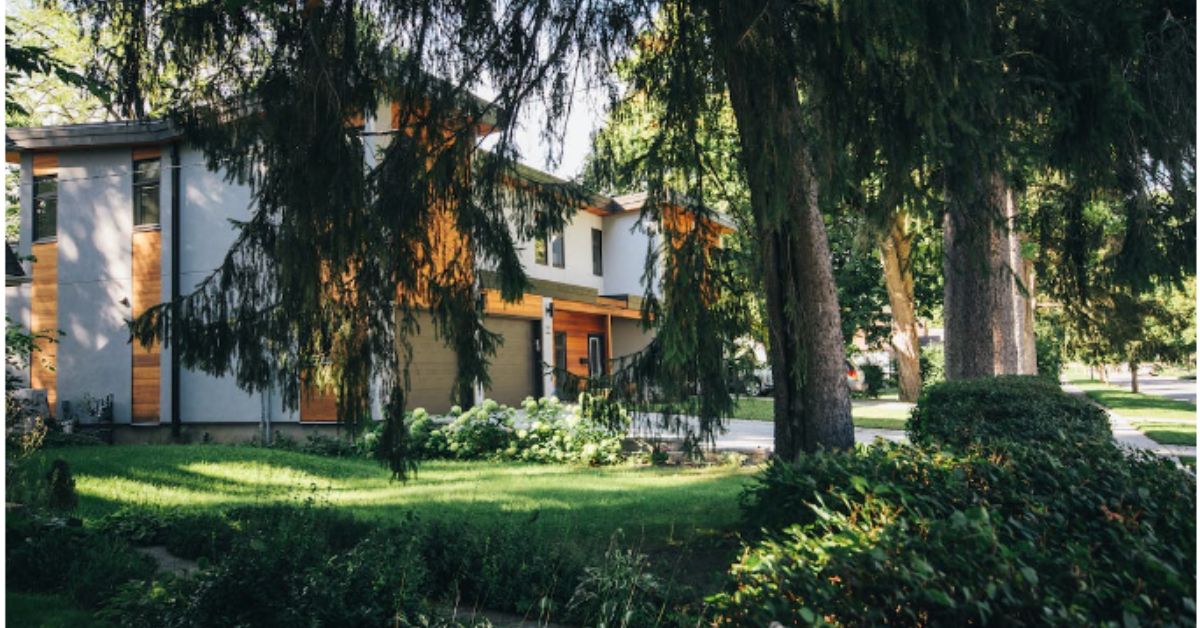The capital of Nigeria, Abuja, is recognized for its urban planning, modern architecture, and different districts.
Jabi stands out among these neighborhoods as a dynamic, quickly growing area with a distinctive mix of residential, commercial, and recreational spaces.
This thorough guide will assist you in determining whether Jabi, Abuja, is a livable place, whether you’re thinking about moving there or are simply curious about what this area of the city has to offer.
Location
The location of any area is one of the first things that come to mind when evaluating how livable it is.
Jabi is an appealing option for locals because of its excellent position in the center of Abuja.
Jabi, which is only a short drive from the CBD, provides the ideal combination of convenience to the city’s commercial district and the peace of a residential neighborhood.
Housing Option
One crucial element of livability is the availability of a variety of housing options. Jabi does not let the user down in this aspect.
There are many different housing options available, ranging from luxurious flats to large-family homes.
Jabi has options for everyone, whether you’re a young professional seeking for a chic apartment or a family looking for a cozy home.
Facilities and Amenities
In recent years, Jabi’s amenities and infrastructure have undergone major changes.
There are good roads and a steady supply of essential services like electricity and water.
Additionally, the region is home to a number of hospitals, schools, and shopping malls, ensuring that locals can access important services without traveling far from their homes.
Recreative Possibilities
Jabi provides a variety of ways for people who appreciate leisure and recreation to relax.
The Jabi Lake Mall, a center for dining, shopping, and entertainment, is situated next to the well-known Jabi Lake.
On the Jabi Lake shoreline, the Jabi Boat Club offers options for relaxation and water sports.
The Jabi Lake Park is popular among families since it is a tranquil location for picnics and outdoor activities.
Safety and Security
Any potential resident’s main concern is safety. With the help of private security companies and the presence of the police, Jabi has made progress in boosting security.
Like in any city, it is wise to exercise caution and take personal safety measures.
Community and Way of Life
A key component of livability is a strong sense of community.
Jabi has a multicultural and welcoming community that accepts residents from many racial and ethnic backgrounds.
The range of eateries serving cuisines from around the world reflects this diversity.
If you’re in the mood for regional Nigerian food or other cuisines, Jabi has plenty of options.
Transportation and Traffic
Many urban locations, including Jabi, might experience traffic congestion during rush hours.
However, continuing initiatives to enhance the road systems in and around Jabi are anticipated to resolve this problem soon.
Major roads are also close by, making it simpler to get around the area and the city.
Healthcare and Education
A livable community must allow for easy access to high-quality healthcare and education.
In this sense, Jabi offers a variety of choices.
Children in the neighborhood have access to a number of excellent local and foreign schools for their academic needs.
This makes it possible for families living in Jabi to provide their kids with a well-rounded education.
Hospitals, clinics, and other healthcare services may be found in Jabi.
Residents can now access healthcare without having to make lengthy travels, offering convenience and peace of mind during times of health issues.
Cost of Living
When determining if a place is livable, it is essential to comprehend the cost of living. Jabi has a good standard of living but it has a price.
Rent and housing costs are typically higher than average, particularly in some of the more affluent residential neighborhoods.
However, this expense is frequently considered an investment in the conveniences and way of life that Jabi offers.
Environment-Related Issues
Jabi gains from Abuja’s reputation for having a generally agreeable climate.
The city experiences lower temperatures than many other regions of Nigeria due to its altitude.
However, Jabi has environmental issues like garbage management and pollution, much like any urban region.
To address these issues and promote sustainability, local government agencies are working on programs.
Conclusion
Jabi, Abuja, has an alluring package for locals and tourists alike.
It is an attractive place to reside due to its convenient location, variety of housing options, improved infrastructure, recreational possibilities, and sense of community.
Despite obstacles like traffic congestion, Jabi’s overall livability is improving.
When deciding whether to relocate to Jabi, doing extensive study, visiting the area, and speaking with locals can provide you with important information about how well it suits your individual needs and interests.
Jabi is a notable suburb in Abuja, providing a standard of living that many find desirable, whether you’re drawn to it by its accessibility, recreational activities, or the potential of a thriving community.





